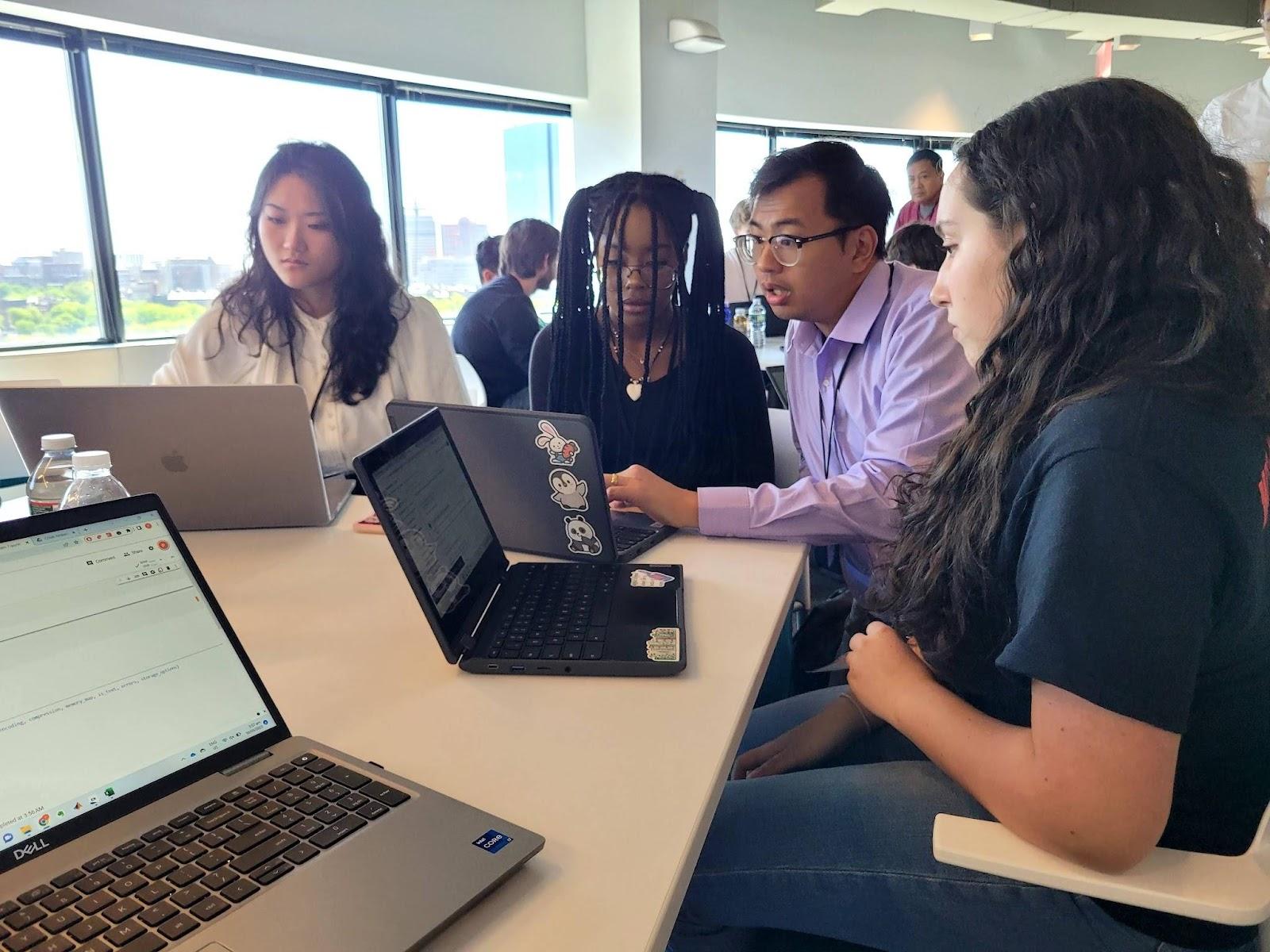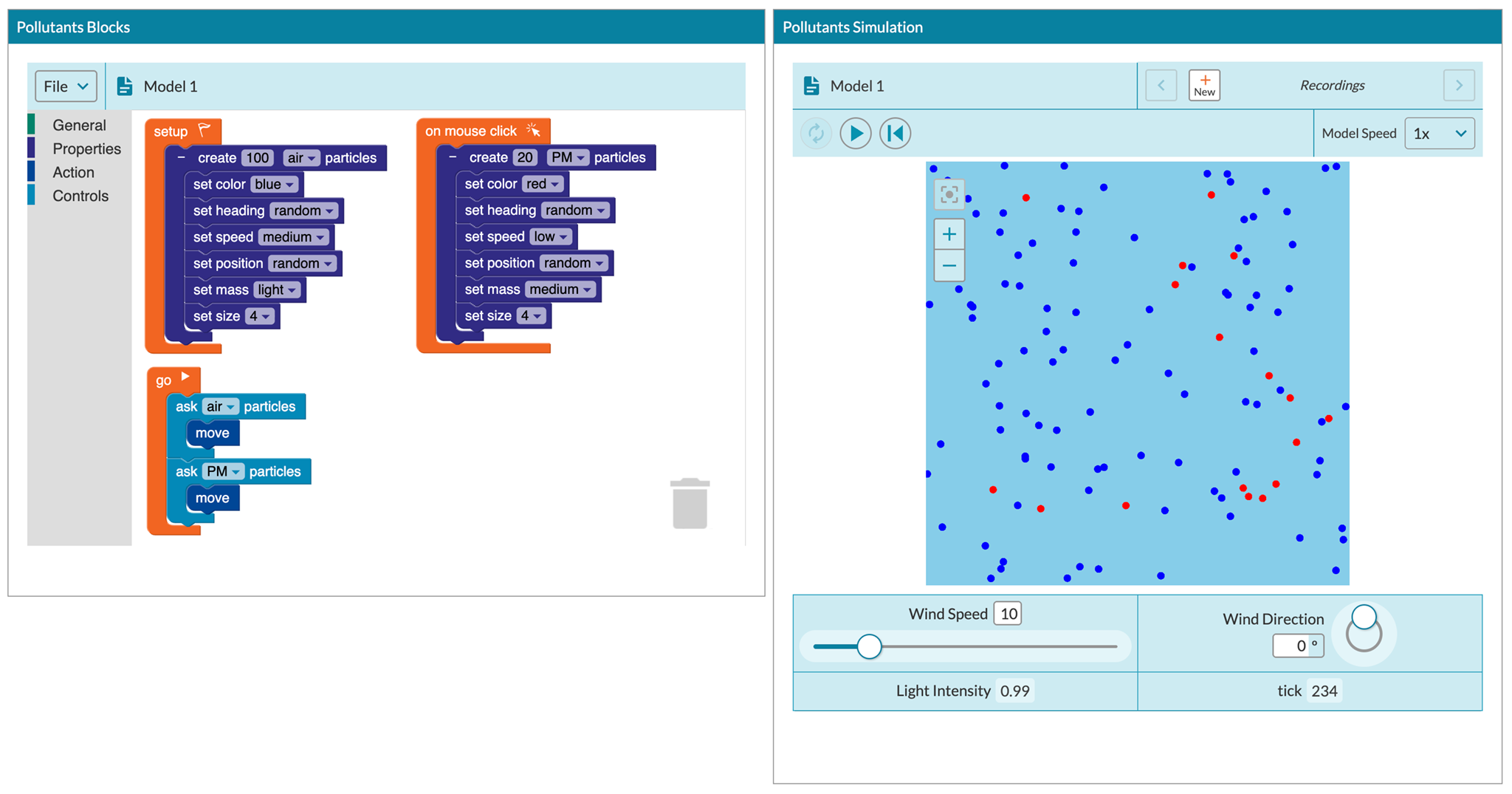Data Science, AI, and You in Healthcare
Importance
Healthcare is rapidly changing into a multidisciplinary field. Data science and artificial intelligence (AI) are poised to upend the way healthcare is delivered. Machine learning (ML), a branch of AI, is critical for accurately developing predictive models that drive research, development, and healthcare practices. Unintentional bias within the datasets and computer programs used for ML creates healthcare outcomes that benefit some people more than others.
With rapidly evolving technologies including AI and data science affecting all aspects of society, our future workforce must develop STEM skills, critical thinking, problem solving, cooperation, and adaptability. These skills are essential for career technical training, advanced college-level and graduate study, and the workplace. While future STEM careers are becoming increasingly reliant on AI and data science, bias-related limitations within AI and within medical databases can create inequities in society. In the United States, minorities and women, particularly women of color, have disproportionately higher negative healthcare outcomes. One way to mitigate this impact is to promote diverse workforce pathways that include women and minorities, so they are represented in the engineers, researchers, and healthcare professionals who, respectively, write algorithms, design research methods, and collect data.
In response to this need, this project is developing the Hive Learning Ecosystem as a novel pedagogy for teaching high school students about AI and data science. Our curriculum, Data Science, AI, and You (DSAIY) in Healthcare, and end-of-year datathon include diverse mentors who help students and teachers. Our goal is to prepare students for STEM jobs in fields with a scarcity of skilled workers while fostering community connections between educators, researchers, clinicians, and local stakeholders. By equipping students to navigate complex STEM issues and encouraging collaboration across diverse groups, the Hive Learning Ecosystem contributes to a more technologically capable, culturally sensitive, and diverse STEM workforce.
Research
Using a mixed-methods design, the project is investigating how students and teachers engage with the DSAIY course and datathon materials and activities.
Our research is guided by the following questions:
- Students: To what extent do students engage with the materials and activities? How do the data laboratory and datathon contribute to student learning and efficacy in data science and their interest in data science and healthcare careers? How do these differ among different demographic groups?
- Usability and Sustainability: What are teachers’ perspectives about the usability and effectiveness, including challenges, of the materials, curriculum, and supports?
- Enactment of Hive Learning Environment: How do teachers take up and enact the activities and tools provided by the project to support student learning and interests in data science? How do mentors engage with students? How are the features of the hive learning environment implemented in different locations?
Publications
- Shreeve, K., Perry, A., Cassidy, M., Eller, K. J., Price, B., Jackson, B., Celi, L., Lourentzou, I., & , L. H. (2025). Incorporating teacher effect when modeling student engagement in smart stem classrooms: A cluster analysis. Smart Learning Environments. 12, 58. https://doi.org/10.1186/s40561-025-00405-1
- Eller, K. J. (2025). Data science, AI, and you in healthcare: Teaching students about medical data bias. @Concord, 28(2), 4-6.







